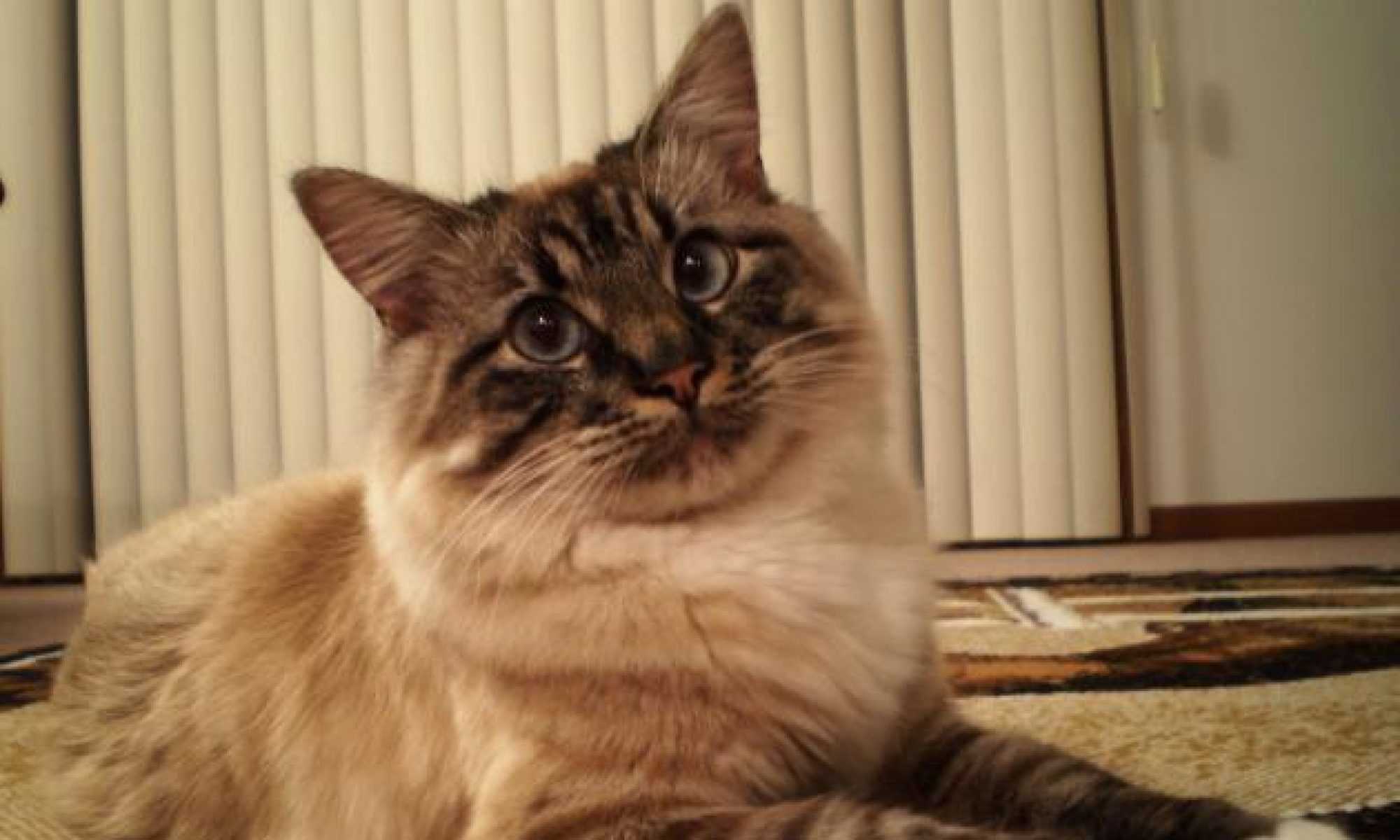Introduction
A rabbit can contract a number of respiratory diseases. Respiratory infections in rabbits are commonly referred to as “snuffles.” Snuffles is characterized by runny eyes, runny nose, and sneezing. Many types of bacteria can cause a respiratory disease in your rabbit. The two most common respiratory infections include bordetellosis and pasteurellosis. Both infections have relatively similar symptoms and causes. The best way to determine which infection your rabbit has is to take your rabbit to a veterinarian as soon as symptoms arise.
The bacteria that cause pasteurellosis can also be responsible for genital infections. Such infections cause inflammation of a rabbit’s reproductive tract. The only visible sign of a genital infection is a thick yellowish-gray discharge around the vagina of a doe or the urethra in a buck. These infections are most common in adult female rabbits. Pasteurellosis can easily be spread during breeding, so rabbits that are infected with the bacteria should not be bred. Instead, an infected reproductive tract should be surgically removed and the rabbit placed on an antibiotic to alleviate the infection. The hutches of infected rabbits should also be thoroughly disinfected to prevent further exposure.
Causes of Respiratory Illness
• Stress (such as a dirty environment, overcrowding) leading to a compromised immune system
• Extreme temperature changes
• Transportation
• Exposure to new or infected animals
• Poor husbandry
Signs of Respiratory Illness
• Nasal discharge
• Excessive sneezing
• Matted fur on the inside of the front legs (from cleaning nasal discharge)
• Lethargy
• Loss of appetite
• Abnormal lumps/inflammation on neck or body
• Difficulty breathing
• Runny or matted eyes
Treatment
Rabbits diagnosed with Bordetella or Pasteurella infections are generally prescribed an antibiotic. Depending on when the infection is detected, your veterinarian may do a culture and a chest X-ray to determine the extent of the illness before deciding on a treatment plan. Veterinarians also suggest that rabbits should be kept in a comfortable housing unit that allows rest while healing. This means that the cage should be clean, away from drafts and loud noises, and in an area where you can regularly monitor the rabbit’s progress. Rabbits that have an upper respiratory infection should be kept away from other rabbits as it is highly contagious.
Prevention
There is no way to completely prevent your rabbit from being exposed to Pasteurella or Bordetella. The key is to watch for signs of the disease and visit your veterinarian if any of the signs are present. You can decrease the likelihood of developing an infection by preventing causes listed above, most important being the transmission from infected animals. Rabbits transmit these illnesses by direct contact, so it is important that you keep healthy rabbits away from infected ones. If you notice that your rabbit begins to sneeze and cough after being exposed to infected rabbits, you must contact your veterinarian as soon as possible so that you can treat the infection before it becomes severe. Always isolate new animals for the first few weeks to ensure no symptoms of disease develop before exposing your other rabbits.
Lisa Karr-Lilienthal, Ph.D. & Amanda Young – University of Nebraska-Lincoln
Related Content

